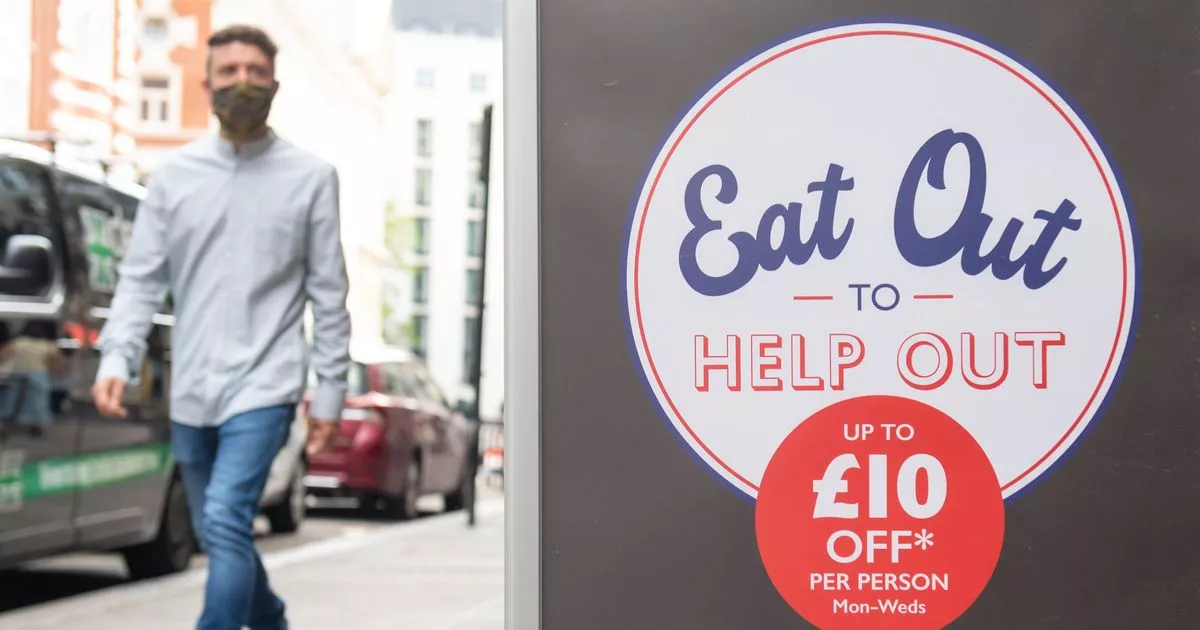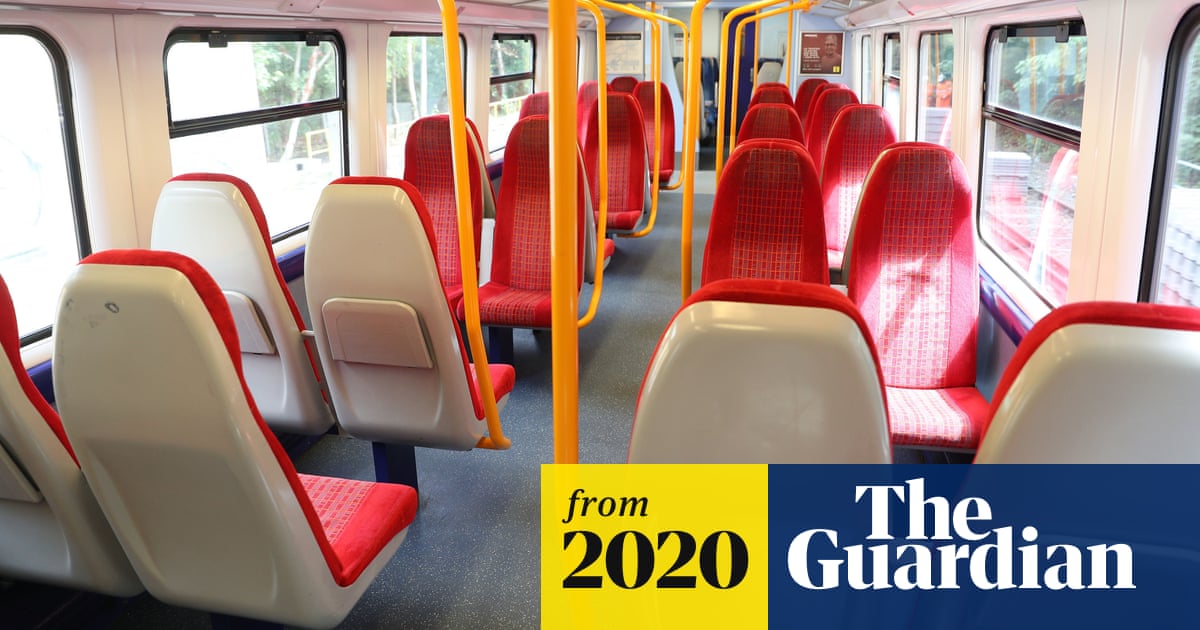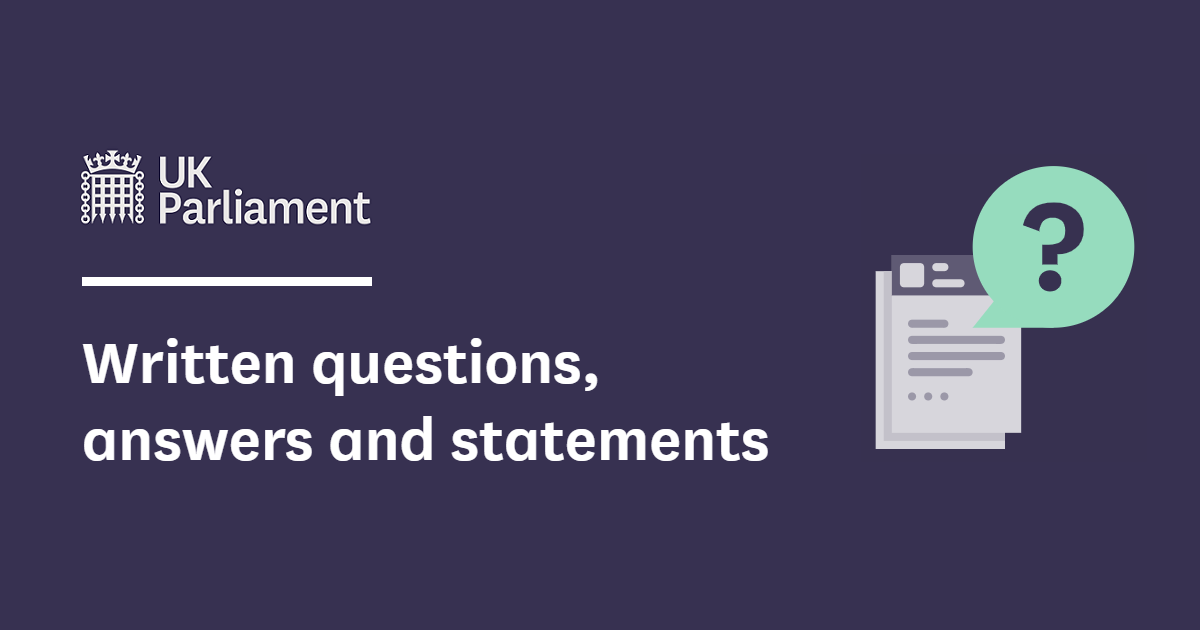Saw this just published in 'The Times', have to say I'm rather peeved. Yet again the rail passenger shoulders the burden whilst motorists get an easy ride, because political expedience. Is this government in any way serious about combatting climate change or more interested in winning votes from the Daily Mail brigade?
Times Article
So why do restaurant diners get cheap meals, meanwhile it's the opposite for rail passengers, including this key worker who's had no choice but to travel by train to keep this country fed? Clientelism much? Needless to say I'm already drafting a letter to my MP, who happens to be the chancellor, begging him to reconsider! Anyone got any suggestions for what should be in the letter? Let's try our best to keep it semi-civil.
Times Article
Train fares are forecast to rise by more than inflation for the first time in eight years as passengers pay the price of a multibillion-pound bailout of train companies.
So why do restaurant diners get cheap meals, meanwhile it's the opposite for rail passengers, including this key worker who's had no choice but to travel by train to keep this country fed? Clientelism much? Needless to say I'm already drafting a letter to my MP, who happens to be the chancellor, begging him to reconsider! Anyone got any suggestions for what should be in the letter? Let's try our best to keep it semi-civil.



